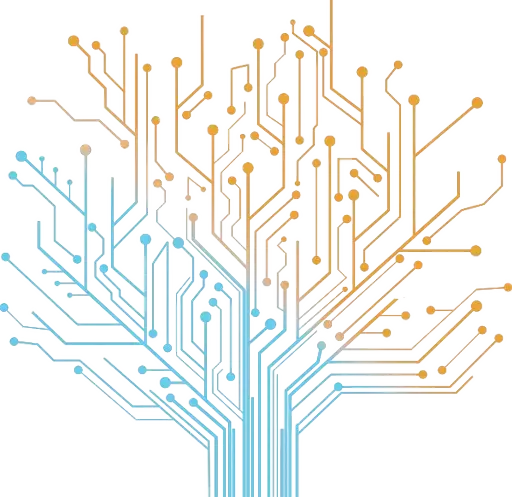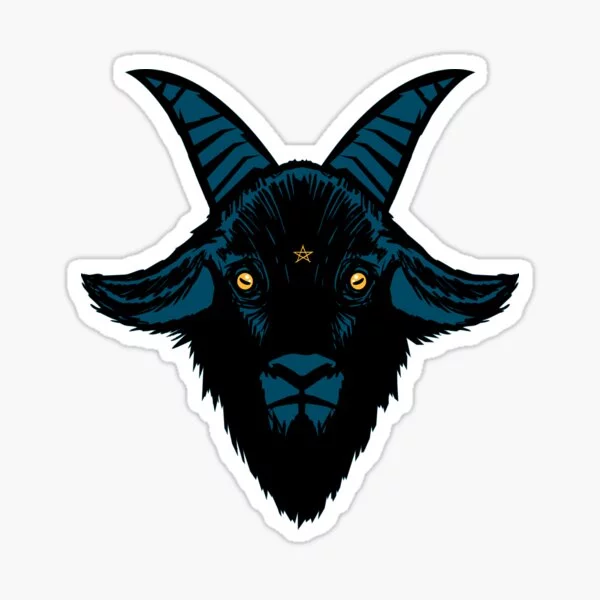With all the fuzz about IA image “stealing” illustrator job, I am curious about how much photography changed the art world in the 19th century.
There was a time where getting a portrait done was a relatively big thing, requiring several days of work for a painter, while you had to stand still for a while so the painter knew what you looked like, and then with photography, all you had to do was to stand still for a few minutes, and you’ll get a picture of you printed on paper the next day.
How did it impact the average painter who was getting paid to paint people once in their lifetime.
I graduated with a Bachelor’s In Fine Arts nearly a decade ago, so I feel like I have a good stance on all these “AI replacing human made art” debates going on. I’m going to give you an emotional response, and a rational response. Because as much as I want to scream about this debate, the majority of people do not take you seriously when you’re “too emotional” because they think emotions=not thinking clearly and therefore not a good debate. So here you go. This will be long.
EMOTIONAL RESPONSE: I fucking hate AI art and I especially hate how easy it is to not only access AI art but for the average layperson to generate AI art. Everyone thinks they’re an artist now. I spent 6+ years learning and practicing and listening to critiques and then graduating and creating portfolios and yadda yadda, only for all of that to be shrugged off by the majority of people because “why would I pay you when I can just have the AI do it”. It’s like all those housewives in the 70s who suddenly thought they knew how to cook just cause they got this amazing new appliance called “a microwave”. And this apathetic stance against art is nothing new. The amount of times I’d get asked by adults (when I told them I was going to art college) “why would you want to waste money going to art college? how will you get a job? artists don’t make any money” was an insane amount. I’m not studying art to fucking make money, I’m studying art because I like to make art. And to our society, there is no value in that. Art exists literally everywhere all the time, but nobody thinks or cares about it. Who designed the pattern on the shirt you’re wearing? Who created the aerodynamic shape of your car? Who created the shade of paint you have inside your house, or rendered the transition that the Netflix logo makes when you boot the app up? All of these things were created by artists, but nobody ever thinks that, because it’s hard to put a hard monetary value on art, and businesses fucking hate that, so they fucking hate art as a result. And this bleeds into society as a whole. Nobody outside of the art world cares about art. And all those people saying “well if AI is doing your job then you don’t have to do any work and you’re free to do what you want!”. removed we live in capitalism! I gotta make rent somehow! And art IS WHAT I WANTED TO DO! But nobody will care about it if the trend of “just have the AI do it” mindset keeps chugging along. Fuck capitalism, fuck marketing, and fuck AI.
RATIONAL RESPONSE: I hear this debate a lot from AI enthusiasts, and while I think it’s reasonable to make the association, I don’t think it’s a fair comparison. As people in the replies have already commented, photography took decades to fully develop. The first commercial cameras were available in 1888, but the first commercial COLOR cameras weren’t available until 1942.. Yes, portrait painters were worried about losing their jobs, but we also got styles like impressionism and (my favorite) dadaism out of photography. There was also the emergence of the marketing and mass printing industry at that time, so artists focused less on landscape and portrait painting, and more on illustration and ad work. I see a similar comparison about how people reacted when Photoshop became commercial. Except with Photoshop, you still need knowledge of the UI and assets. Also, Photoshop doesn’t automatically make the art. You still have to draw and create, just with a digital pen instead of a ink pen. Now let’s look at AI. Compare what a prompt from looked like 1 year ago vs how it looks now. This development happened in ONE YEAR. There has been no time for artists to adapt (unlike photography), and programs such as Open AI and Dall-E have UI that anyone can learn in a day and are way cheaper than Photoshop was when it released to the public. Not only that, but unlike the artists of the late 1800s who switched to marketing/illustration, AI is being thrown EVERYWHERE. There is no limit, and AI can spit out an image/audio track/video clip/animation/page of code in seconds. Compared with my pitiful meat hands that have to thumbnail-sketch-line-color-render any artwork I make that takes hours or days. So of course when business are looking at their bottom line, why would they want to pay my pitiful meat hands when an AI (that they don’t have to pay) can spit out a product much faster? Artists in the video game industry are already seeing their jobs being given to AI programs instead. Now you might say “that’s just business” because of course a business’s job is to make as much money as possible while also saving much money as possible, right? But that right there is the problem. This AI rush is just another result of the ‘growth at all costs’ race to some imaginary top for corporations. It won’t just stop at art, because this rush is being heralded by big businesses who don’t want to pay ANYONE so they can hoard everything for themselves.
It sure did have a big impact, comparable to what some people expect to happen soon with AI.
However, I think your framing misses the main point of why many artists today are wary about AI: They are not just being replaced, their own work is used as a building block for the tools that will replace them; and they were not asked for permission and don’t even get any compensation for that.
If you have a basic understanding how AI works then this argument doesn’t hold much water.
Let’s take the human approach: I’m going to look at all the works of popular painters to learn their styles. Then I grab my painting tools and create similar works.
No credit there, I still used all those other works as input and created by own based on them.
With AI it’s the same, just in a much bigger capacity. If you ask AI to redraw the Mona Lisa you won’t get a 1:1 copy out, because the original doesn’t exist in the trained model, it’s just statistics.
Same as if you tell a human to recreate the painting, no matter how good they are, they’ll never be able to perfectly reproduce the original work.
The thing is, with a certain model you could get a perfect 1:1 copy but that’s not really the point. I have a degree that includes machine learning and I believe it’s imperative that we have legislation that protects content owners and puts restrictions on what data you’re allowed to use to train your models. Not because I don’t understand but because I do understand.
Haphazardly introducing this technology at a large scale in society will come with serious consequences, not to mention the consequences to privacy if we don’t curtail what data that companies are allowed to scrape from the internet just because they throw in buzzwords about “AI” in somewhere.
This is fundamentally not about being pro-technology or anti-technology, it’s about how we value private citizens versus corporations.
It’s called Ctrl+c & Ctrl+v
I don’t have anything to add here; I’m an engineer, not an artist. But I just want to say this is one of the best questions and resulting conversation I have seen on Lemmy so far. Definitely not a stupid question, Ziggurat!
I read an article on PC Gamer just the other week where one of the prominent D&D artists said AI was already impacting his work. And not just in the usual way of stealing away jobs, but also, by damaging their artistic reputation by people generating ai artworks in their style, and people not knowing what was or wasn’t actually his.
One topic that hasn’t been raised in this thread is the effect of photography on artistry. Due to having a medium that could, well, photographically depict reality, painters changed in the way they depicted reality.
In the beginning expressionism, pointillism and so forth became more prominent. It was not recreating reality, it became infused with the emotion of the artist. Van Gogh, for instance, did not do realism at all, but showed how he felt through his work.
Later styles got more abstract, like cubism, dadaism and surrealism in the beginning of the twentieth century. Later abstract expressionism, minimalism and pop art.
So photography changed the way painting was executed, it forced the artists to reinvent what painting was.
New media change the meta, that’s what’s most exciting to see. How people will find new methods of expression given the updated tool set.




